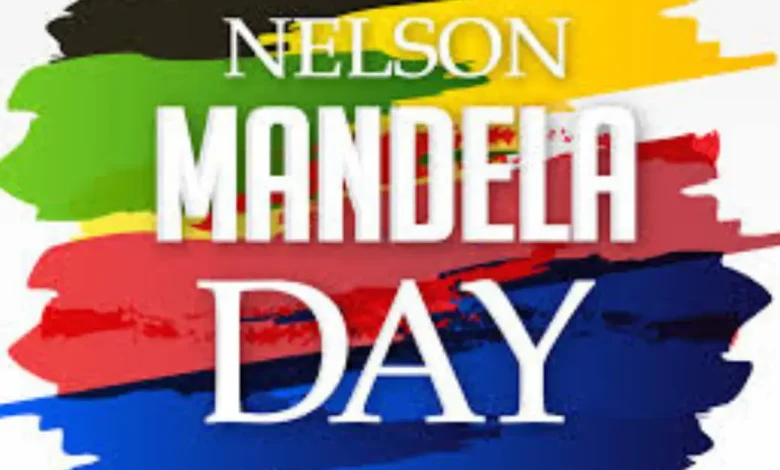The History of Mandela Day and How It Became a Global Movement

Mandela Day, celebrated every year on July 18th, honors the legacy of Nelson Mandela. Mandela was South Africa’s former president and a global icon of peace, justice, and human rights. This day is more than just a celebration of Mandela’s life. It is a worldwide call to action. It encourages individuals to dedicate time to community service and social justice. The journey of Mandela Day from a local tribute to a global movement shows Mandela’s lasting impact on humanity.

ALSO READ: Mandela Day TikTok and Instagram Reels Ideas for Brands and Creators
Origins of Mandela Day: From Tribute to Global Recognition
The idea of Mandela Day came from Nelson Mandela himself. He dedicated 67 years of his life to fighting social injustice. After his 90th birthday celebrations in 2008, Mandela urged people to take responsibility for making the world a better place. This call led to the creation of Mandela Day. It was first celebrated on July 18, 2009, Mandela’s 91st birthday. The Nelson Mandela Foundation, along with the 46664 campaign, organized events such as concerts, educational programs, and volunteer activities to honor his legacy.
In November 2009, the United Nations General Assembly officially declared July 18 as Nelson Mandela International Day. This recognition turned Mandela Day into a global observance. It encourages people worldwide to engage in acts of kindness and community service. The first UN Mandela Day took place in 2010. Since then, Mandela Day has become an international movement dedicated to social justice and human dignity.
The Meaning Behind Mandela Day: A Call to Action
Mandela Day is not a public holiday. Instead, it is a day of service and reflection. Its core message is that everyone has the power to make a positive difference. The campaign encourages people to spend 67 minutes one minute for each year Mandela spent fighting for freedom doing something good for their communities. This could include volunteering, helping those in need, or promoting peace and reconciliation.
The day reflects Mandela’s values of equality, human rights, and social justice. It reminds us that change starts with individual actions. Moreover, collective efforts can transform societies. Mandela Day promotes unity across cultures and borders. It inspires people to work together to fight poverty, inequality, and injustice.
How Mandela Day Became a Global Movement
Mandela Day grew into a global movement because of its universal message and Mandela’s worldwide influence. The United Nations’ endorsement played a key role in spreading awareness and encouraging participation across nations. Over time, governments, organizations, and individuals embraced Mandela Day. They organized events that reflect local needs while honoring Mandela’s legacy.
The day also evolved to include initiatives like the Nelson Mandela Prize. This prize is awarded every five years to individuals who dedicate their lives to humanity. Furthermore, Mandela Day has expanded its focus to address current issues such as climate change, social inequality, and human rights. This keeps Mandela’s vision relevant today.
Continuing Mandela’s Legacy Through Action
Every year on July 18, millions of people worldwide engage in activities that reflect Mandela’s spirit. These include community clean-ups, educational programs, fundraising, and advocacy. Mandela Day inspires ongoing commitment to social change. It emphasizes that small, consistent acts of kindness can create a better world.
Mandela Day reminds us that the fight for justice and equality continues. Each person has a role to play. By dedicating time to serve others, we honor Mandela’s life. We also contribute to building a more peaceful and fair society.
Mandela Day stands as a powerful symbol of hope, resilience, and the lasting impact one individual can have on the world.



